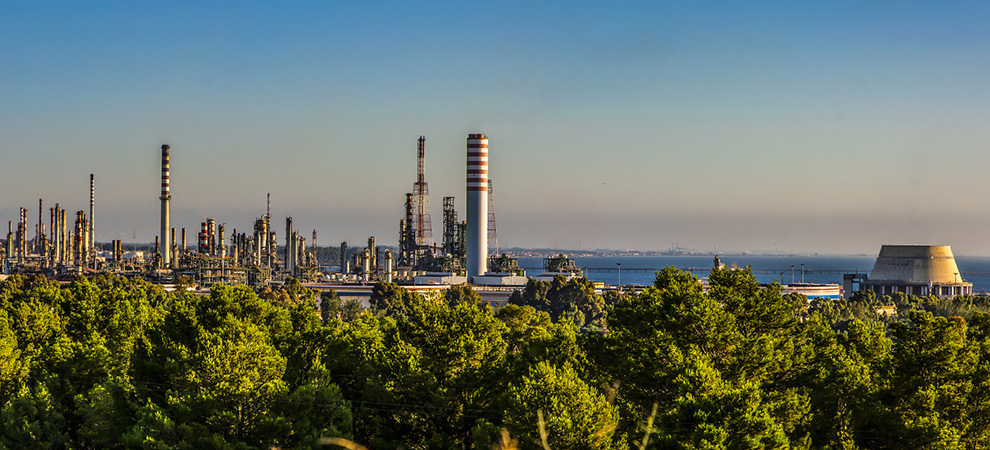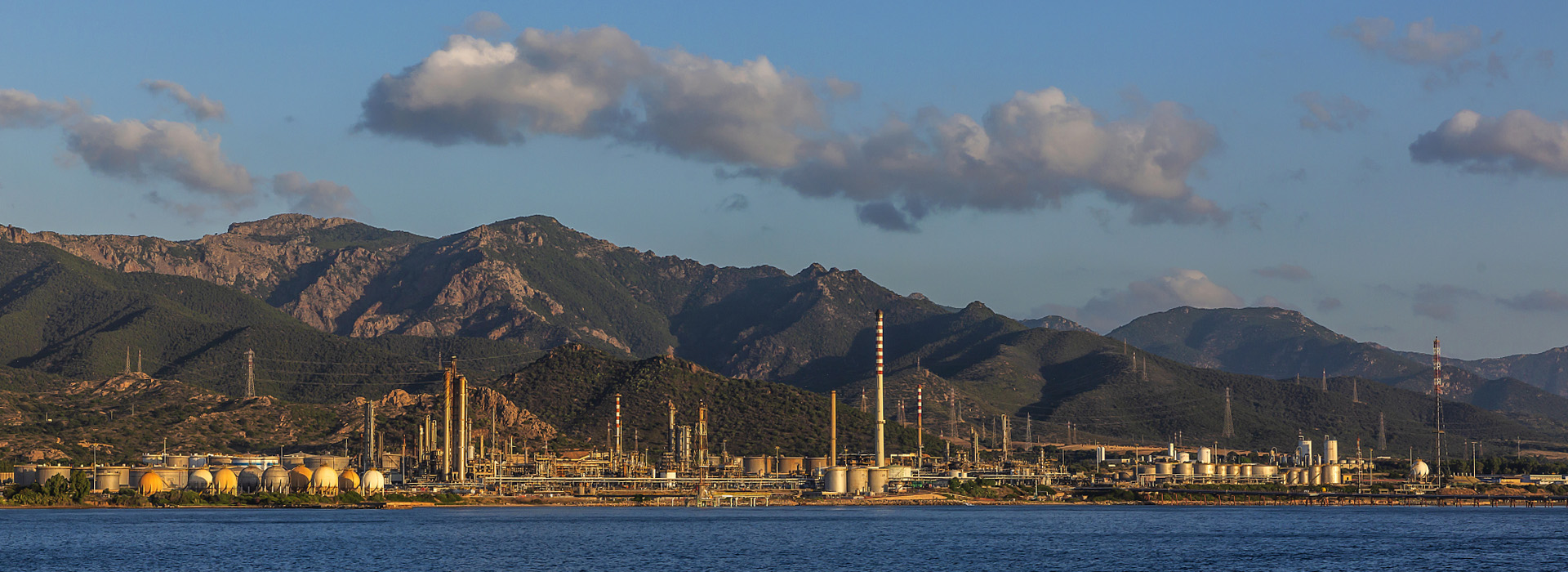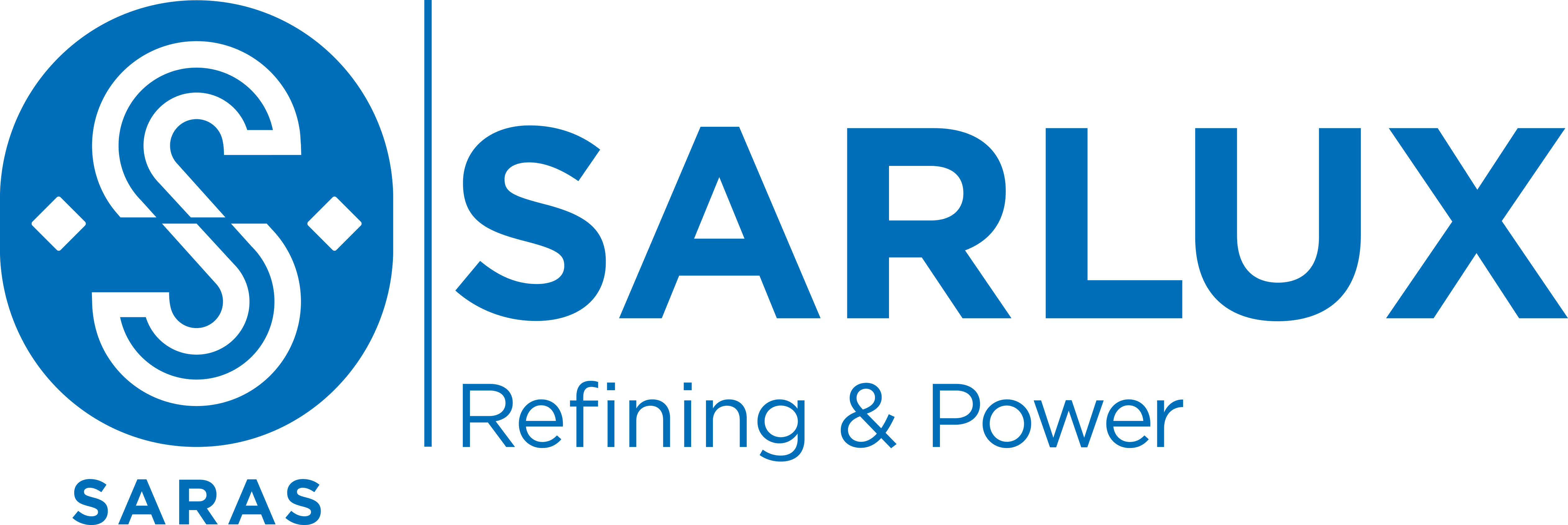The challenges of the energy transition

A few days ago an Enel-Saras agreement was signed to design a project to supply green hydrogen to Sarlux. The project involves the use of an approximately 20 MW electrolyser powered exclusively by renewable energy.

The solution chosen by Saras and Enel Green Power involves the use of a 20 MW electrolyser – powered by renewable energy produced on site – which will be used to produce green hydrogen for the Sarlux refinery’s energy demand.
Saras has technological skills and know-how in the production and management of hydrogen, and is currently carrying out several studies to explore decarbonisation processes in the production and use of this energy carrier. Hydrogen is an integral part, through a widespread network, of Saras’ refining process, as it is used in hydrocracking and hydrotreatment processes, and is now provided by the IGCC plant and two reforming units at the industrial site.

This is a very important agreement for both companies. In the context of energy transition, hydrogen can make a valuable contribution to the decarbonisation of energy-intensive industrial companies such as the chemical, aviation, maritime and non-electrified rail transport sectors, provided it is produced in a sustainable way.
New scenarios for the Saras Group
interview with Dario Scaffardi, CEO of Saras
The Saras Group is one of the main European oil refining operators, and is also active in the electricity generation sector. Directly and through its subsidiaries, the Group sells and distributes petroleum products on national and international markets. In addition, the Group produces and sells electricity through its subsidiaries Sarlux Srl (IGCC plant) and Sardeolica Srl (wind farm). The Group also supplies industrial engineering and research services to the oil, energy and environmental sectors through its subsidiary Sartec Srl.
